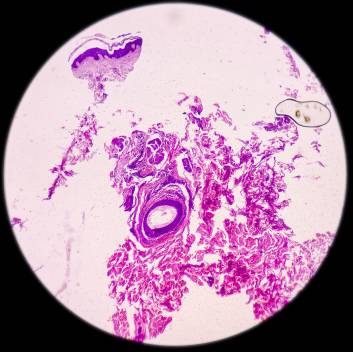Your teeth need to be brushed and flossed regularly to keep them healthy. Tooth hygiene is especially important for children, who are more likely to get cavities. There are also risks of getting abscesses or cysts if teeth are not properly cleaned.
Do you know what makes abscesses different from cysts?
| Abscess | Cyst |
| A localized collection of pus that is surrounded by inflamed tissue. | Fluid-filled sacs that may or may not be associated with a tumor. |
| Symptoms include pain, swelling, redness, warmth, pus drainage, and fever. | Symptoms include pain, swelling, bloating, tenderness, rapid breathing, and chest pain.
buy zydena online insighttherapeutics.com/wp-content/uploads/2023/10/jpg/zydena.html no prescription pharmacy
|
| Can be caused by bacteria or other infections.
buy zyprexa online insighttherapeutics.com/wp-content/uploads/2023/10/jpg/zyprexa.html no prescription pharmacy
|
Is not caused by bacteria. |
| Need to be treated as soon as possible. | In some cases they might go away on their own.
buy cipro online insighttherapeutics.com/wp-content/uploads/2023/10/jpg/cipro.html no prescription pharmacy
|
| Treated by medications. | In severe cases, treated by surgery. |

Abscessed is defined as a localized collection of pus that is surrounded by inflamed tissue. It is most commonly caused by a bacterial infection. An abscess can happen anywhere in the body. In teeth, an abscess is called a dental abscess.
Symptoms of an abscess can vary depending on its location. But, common symptoms include:
- pain
- swelling
- redness
- warmth
- pus drainage
- fever
Abscesses can form for many reasons, including infection (bacteria, fungus, or virus), trauma, inflammation, cancer, and complication of a medical procedure. Abscesses should be treated as soon as possible to prevent the infection from spreading.
People of all ages can get abscesses. But, some people are more likely to get them, such as:
- people with weakened immune systems
- people with diabetes
- people with gum disease
- people who smoke.
Meanwhile, cysts are fluid-filled sacs that may or may not be associated with a tumor.
Cysts are not caused by bacteria. Abscesses can be treated with antibiotics, while severe cases of cysts usually require surgery. Cysts can occur anywhere in the body but are most commonly found in the ovaries, kidneys, and lungs.
When cysts form in the ovaries, they are called ovarian cysts. Ovarian cysts are common and can occur in women of any age. Most ovarian cysts are small and cause no problems. However, some ovarian cysts can grow large and cause pain, bloating, and other symptoms. In some cases, ovarian cysts can lead to ovarian cancer.
Cysts can cause a variety of symptoms, depending on their location and size. Common symptoms of cysts include:
- pain
- swelling
- bloating
- tenderness
- rapid breathing
- chest pain
Your doctor may be able to diagnose a cyst simply by examining you. However, in some cases, your doctor may order additional tests, such as ultrasound, CT scan, MRI, and cyst aspiration (removal of fluid from the cyst).
Most cysts do not require treatment and will go away on their own. However, in some cases, your doctor may recommend treatment, such as medication and surgery.





